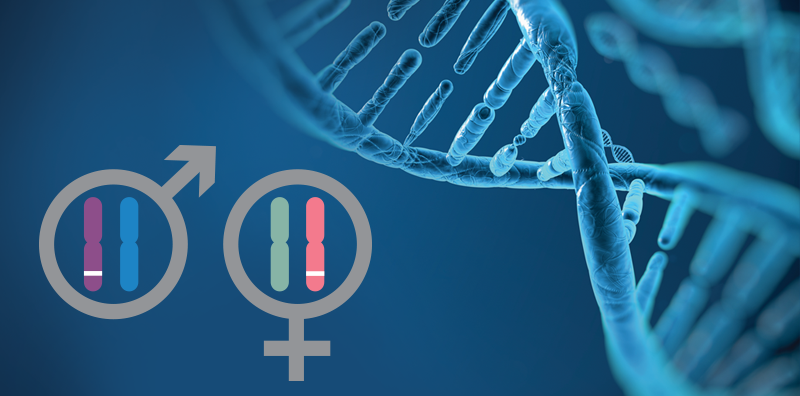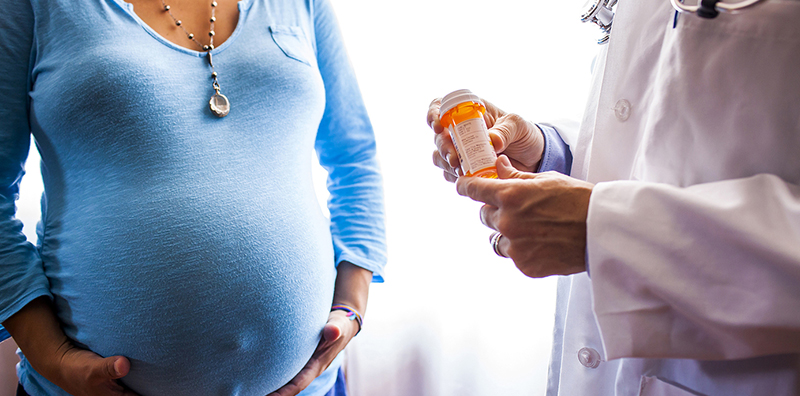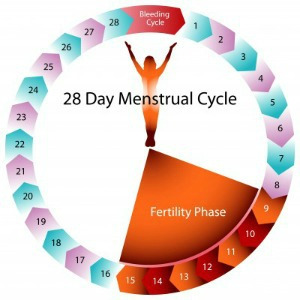
09:32 27th March 2018 | Fertility Treatment
Conception Fertility Treatments IVF PGD PGS IVF Procedure Failed IVF IVF Success Rate
Once a couple starts trying to conceive they are usually excited and filled with hope. They have dreams and plans... which do not include struggling or failing to fall pregnant.
However, for many couples, fertility treatments are the only option for conception and the physical procedures are only one part of the process.
Fertility treatments have helped millions of couples and individuals around the world, but not all treatments are...

21:21 9th December 2017 | Pre-Pregancy Service
Miracles Babies Medical Assistance Conception Fit For Pregnancy General Check-Up Pregnancy Planning Basic Examinations
Planning to get pregnant and falling pregnant are two different things. Sometimes miracles happen and babies are born without complications or medical assistance to conceive. However, when you start planning for pregnancy there are a few essential steps you can take to make the journey easier and safer for you and your future baby.
Bridge Clinic Medicentre now offers Fit-for-Pregnancy – a pre-pregnancy service ideal for the following ...

15:55 3rd March 2017 | Inherited Genes
Hereditary Conditions Defective Genes Conception Metabolic Disorder Genetic Disorder Speech Difficulty Intellectual Disability Multiple Organ Damage Defective Gene Defective Enzymes High Cholesterol Levels Cardiovascular Disease Muscle Degeneration Sperm Production Miscarriage Still Births PGD IVF Embryos Hereditary Disease
EmbryosHereditary conditions are diseases or disorders that are inherited genetically, in other words, defective genes that are passed on from a parent (or parents) to a child through conception.
Two examples of hereditary diseases that you might have heard of include muscular dystrophy and Down syndrome. Here are a few examples of hereditary conditions with brief descriptions:
Galactosemia : Complications of this metabolic disord...

03:25 24th June 2016 | Infertility - Stress
Stress Pressure Anxiety Fertility Treatment Conception Infertility PGD PGS IVF Welcome Forum
You cannot get pregnant and your partner can’t deal with it. You can’t deal with it either, if the truth be told. You both want to start a family but the more you try, the worse it gets. Stress is eating you up and while you don’t want to play the blame game, it is difficult not to when the stakes are so high. And the stakes are high when it comes to having, or not having, a baby in the Nigerian society. A woman is expected to produce a...

02:23 1st June 2016 | Myths of Infertility
Age Poor Nutrition Smoking Food Caffeine Stress Alcohol Chemicals Conception
There are so many myths and old wives’tales surrounding pregnancy. Some things make good sense while others are do not make much sense. How do we know which to believe? We take a look.
Age matters
Yes. Age is the number one variable affecting fertility. The age of first pregnancies is increasing worldwide and the most common cause of infertility in a woman is her ovarian reserve which decreases markedly as she ages.
Poor nutri...

05:54 11th March 2016 | Diet & Fertility
Diet Conception Ovulatory Function Vegetarianism Healthy Fats Plant Based Foods Reproductive Hormones Multivitamins
Much has been said about whether the correct diet can help you conceive and the consensus from reputable sources is yes it can. According to a study of diet and fertility from Harvard Medical School, eating certain foods and avoiding others are things you can do yourself to help improve your ovulatory function.
You should eat more complex or good carbohydrates and limit highly processed ones. Good carbohydrates are those which contain...

20:58 9th February 2016 | Conception
Conception Natural Conception Unprotected Sex Fertility Intercourse
Conceiving naturally is the ideal way of getting pregnant and there are several things you can do to improve your chances of becoming pregnant this way. First of all,make sure that you are in the best of health. Get plenty of sleep and exercise regularly. Eat a healthy diet with lots of fruit and vegetables and stop smoking. Take your vitamins and enjoy life with your partner. If you have any niggly health problems, visit your doctor an...

10:15 20th August 2014 | Ovulation
Conception Sex Female Reproduction Female Fertility Ovulated Eggs
Learn 6 essential facts about ovulation to boost your chances of conception and plan your family.
04:08 25th September 2013 | Unsuccessful IVF Outcome
Negative Outcome IVF Pregnancy Unanswered Questions Anxious Couple Financial Investment Human Reproduction Embryo Transfer 2nd Cycle IVF Process Failed Treatment Conception
Why does IVF not always lead to a pregnancy? This is a question that couples who fail to conceive after a lot of financial and emotional investment ask frequently. Human reproduction is extremely complex. Following embryo transfer, the embryos must continue to develop and divide in a programmed manner. The cells that are supposed to form the different parts of the body migrate in that direction and abnormal development arrests further p...
04:53 7th May 2013 | Motherhood
Mother's Womb Eggs Immature Eggs Puberty Egg Loss Conception Menopause
Sometime in ago we mentioned the decline in the amount of eggs in a female from birth to puberty on Bridge Clinic Facebook page and this generated interesting comments. I have thus decided to shed more light on this phenomenon here.
In actual fact, a baby girl still in her mother’s womb has about 6-7 million eggs. By birth, the average woman is born with approximately 1.5 million immature eggs. This reduces to about 800,000 at pube...
Search by condition, treatment or keyword and conveniently browse our informative articles
Book an appointment online or search for a clinic close to you.
Book an Appointment
We’re here for you from your first appointment to the end of your journey.